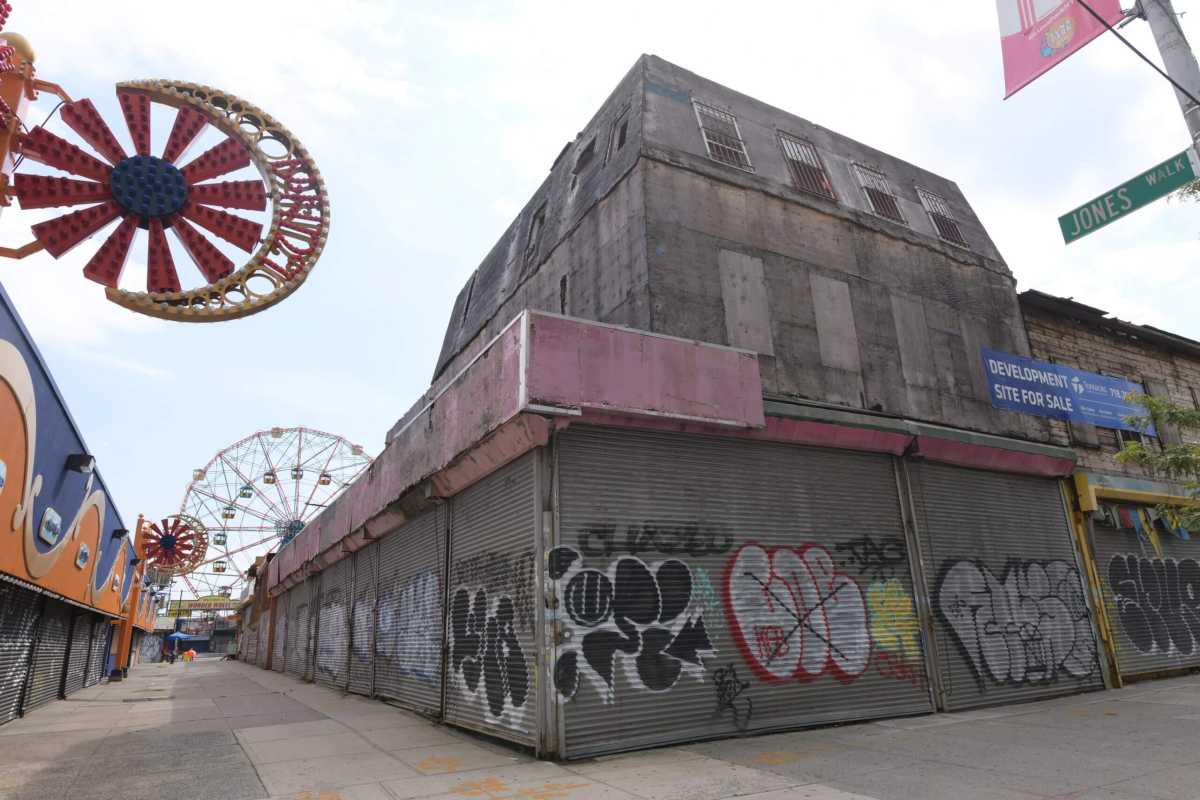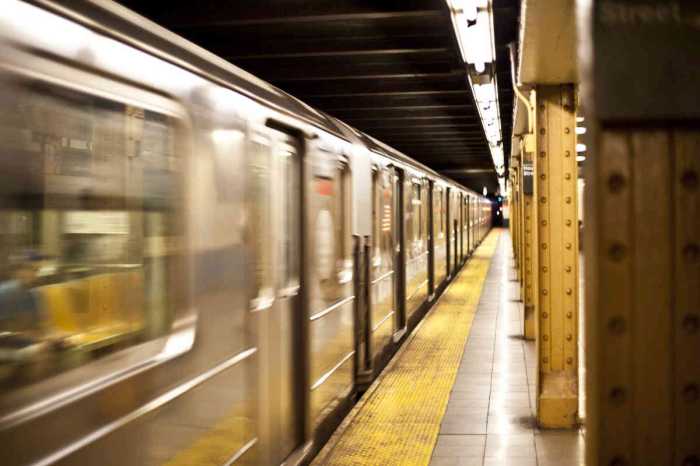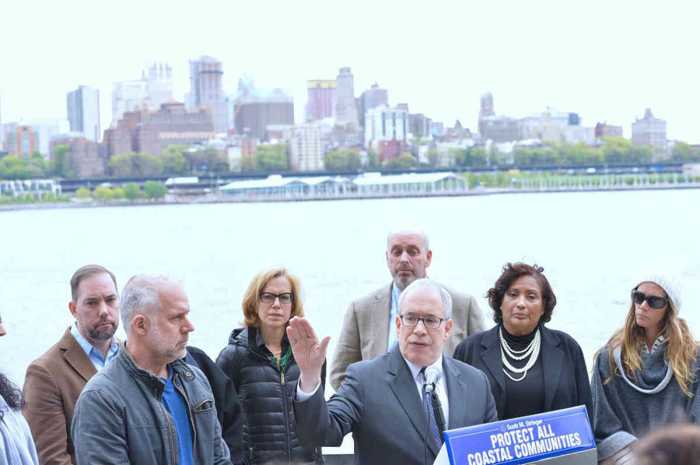It seems we are coming out of the pandemic lockdown more and more every day. Things are certainly not back to normal but there has been more and more daylight shining into our eyes from the end of the tunnel and we can imagine walking around in the sunshine of normality again. I’d like to address some of the parts of our lives I don’t think will be going back to how they were before.
The first is family, or the household, or social relationships generally. Many of our households have changed, from death of a loved one or relationships breaking up or children’s independence cramped or far more time alone than we expected. But for many of us, we also experienced new intimacies with our loved ones. The contraction of our social lives placed more emphasis then on the interpersonal bonds that remained.
Outside of our immediate households, those social bonds were usually maintained through technology. We’ve been living digital lives more and more for years, but lockdown caused further changes in our behavior. We are almost all of us now completely addicted to our communication technologies. They are what got us through the pandemic, but I do fear that going forward many of us will be habituated to rarely leaving the comfort of our various home screens.
And this technology is making us crazy. It is making us anxious and irritable and outraged. It groups us into echo chambers and seems to make the central focuses of our culture stupider and more absurd.
This is mostly a very old complaint, but the change is changing faster now than it used to. And our new technologies greatly aid most of us in believing some or another comfortable delusion about how our country works, or who we are in it.
For we have been clearly divided now, by the work that we perform. Most of us still have to go somewhere to do work but a substantial minority are now freed from the burdens of location. The new remoteness is mostly beneficial for the workers, I think, but not everyone gets to enjoy it. The bosses mostly want us back in the office, but whether they are able to achieve their wish will vary by industry and firm and type of job.
I think most working-age people have at least somewhat changed what they were looking for in their work since the pandemic began. Those who lack freedom and creative outlet and opportunities for advancement in their work feel these burdens all the more strongly now. A host of industries are having trouble hiring enough workers at the moment.
I see signs all over that people have refocused away from work and back on their personal lives. This is often because they have more money in their bank accounts than they did at the beginning of 2020.
Probably when the money runs low many will be forced back into similar jobs to what they had before, but the dream of something else, something freer, will still remain.
























